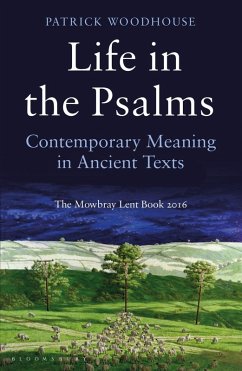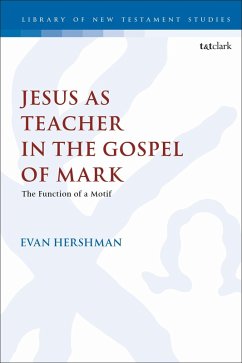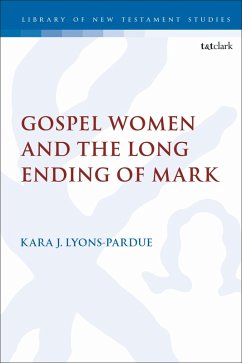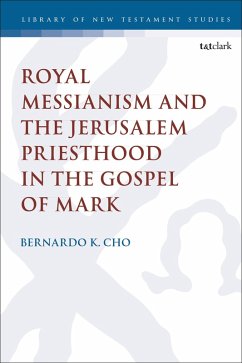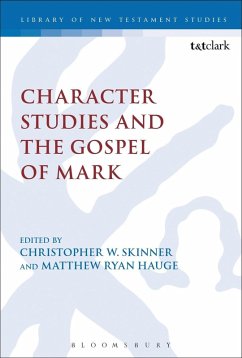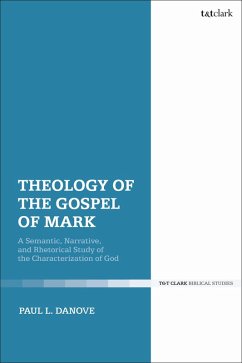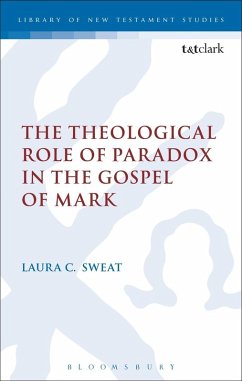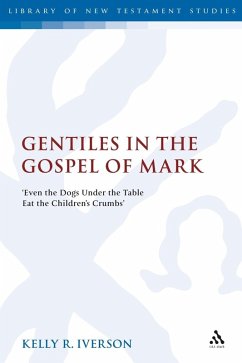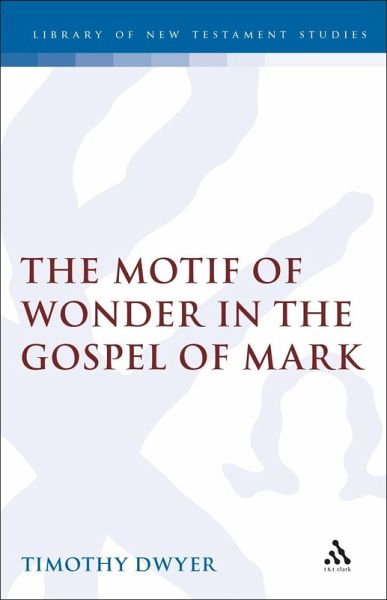
The Motif of Wonder in the Gospel of Mark (eBook, PDF)

PAYBACK Punkte
8 °P sammeln!
This is a study of the language of wonder or amazement, comparing its use in Graeco-Roman, early Jewish and early Christian literature to the Gospel of Mark. Mark's intensive use of wonder, often redactional, impels us to regard the passion and empty tomb scenes as manifesting God's presence. Mark is unique among the Gospels in the density of his wonder language, which signifies the breaking in of the rule of God. Miracles, teaching, restoration to community, passion and empty tomb are all marked as divine interventions in the Gospel by reactions of wonder.




